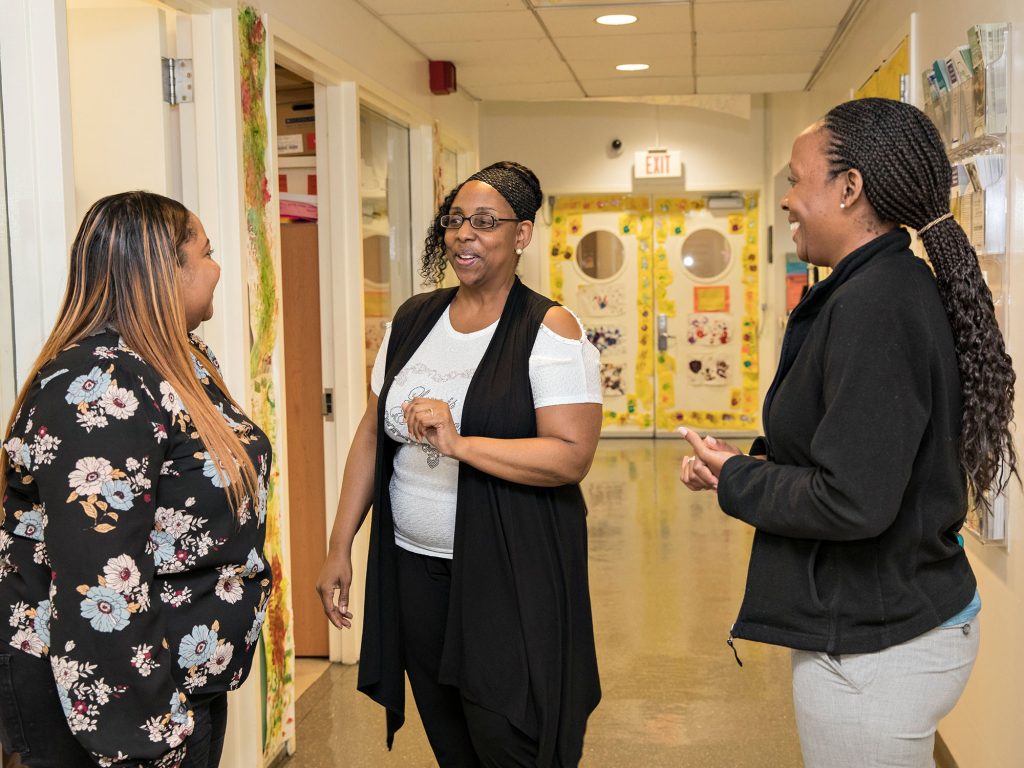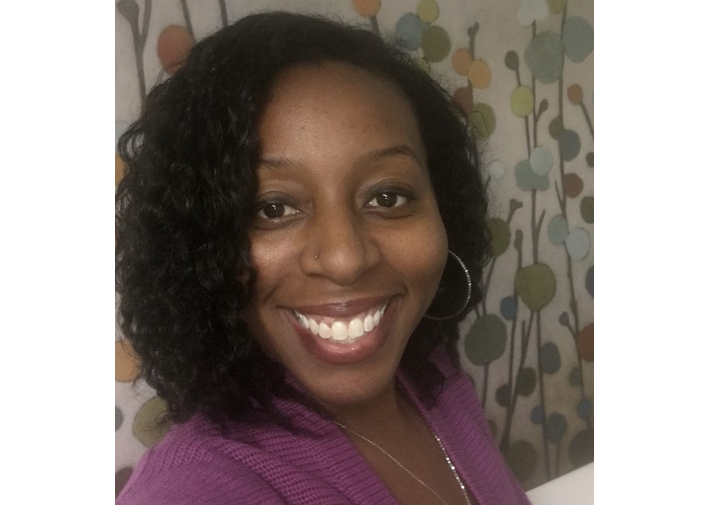Educators play a critical role in supporting families of young children with disabilities to help them engage in the special education process and the collaborative support for their children’s learning. As a coach, I support educators to learn from and with their families, to share information, and to engage in joint decision-making about children’s learning. Yet young children, families, and educators are engaged in struggles to voice and garner resources to meet their own and children’s changing needs during current crises. I hear concerns of teachers and leaders and understand an urgent need to build on and to strengthen their capacity for collaboration.
In communities across our nation, educators have begun to center trauma-informed care in all our work and to make connections with how histories of trauma intersect with the topics of our conversations. Teachers can be present and aware of trauma-informed practice as they center children’s experiences. This requires an understanding of disproportionality, or how racial, cultural, and linguistic groups are both excessively targeted for special education and also under-represented in terms of accessing services, resources, and programs to support learning. As we seek to become emotionally, culturally, and linguistically responsive, educators rely on anti-bias education principles to inform our guidance documents, such as the Culturally Responsive-Sustaining (CR-S) framework. We can also amplify stories of families’ resilience and advocacy to develop and deepen awareness, empathy, and resilience within our local communities and partnerships.
As educators, we engage with families to identify needs, and we can help families become more strategic about advocacy. This may look like attending meetings at families’ requests to advocate for services, or to realize existing plans for children who have qualified for individualized family service plans (IFSPs) or individualized educational plans (IEPs). It may involve asking families of children with disabilities to discuss what they are finding challenging, such as the need for access to bilingual resources or children who are not interested in engaging with online learning.
Governor Cuomo’s recent announcement indicated that more in-person support services will potentially be available this summer, and this is a step toward increasing access to support. Three main issues have emerged from the conversations that coaches are hearing about: a limited number of service providers, the need for more bilingual providers and resources for emergent multilingual children and families, and families who are overwhelmed and feel unprepared to balance their roles as caregivers who meet their children’s learning needs at home.
Families of children with disabilities may want to connect with other families to share resources and strengthen and amplify their voices, participation, and leadership as part of advocacy. Here are four organizations that are powerful partners for programs and families that put children’s and families’ resilience and advocacy first.
- Advocates for Children works on behalf of children who are at greatest risk for school-based discrimination due to poverty, disability, race, ethnicity, immigrant status, sexual orientation, gender identity, languages, homelessness, or involvement in the foster care or juvenile justice systems and coordinates The Action for Reform in Special Education (ARISE) Coalition. Their website is available in nine languages including Spanish, where you can read about their success stories.
- IncludeNYC was founded by mothers for young people with disabilities and their families. As a Community Parent Resource Center (CPRC) for the South Bronx and northern Manhattan, they are leaders in New York City. IncludeNYC’s YouTube Channel is a resource on a range of topics, including this conversation with one of the Institute’s Gender and Sexuality early childhood trainers, Megan Madison, on Bodies, Curiosity & Touching for Parents of Young Children.
- Parent to Parent of New York State builds a supportive network of families to reduce isolation and empower those who care for people with developmental disabilities or special healthcare needs to navigate and influence service systems and make informed decisions. Their website uses Google translate for access to content in many languages.
- Wright’s Law works to support families with legal questions such as: What is the federal law during the COVID-19 quarantine? How can parents advocate for their child right now? They host free events, such as their Special Education during the COVID-19 Quarantine Webinar.
How have you engaged with families about their needs and their children’s needs? What are some ways you have engaged in collaboration with families and professionals to develop resilience and advocacy to work towards meeting those needs?
Lorraine Falchi is an early childhood coach at the Institute who works with teachers and leaders. She identifies as a white, anti-racist educator focused on building relationships and capacities to work with emergent multilingual children in inclusive educational settings.



